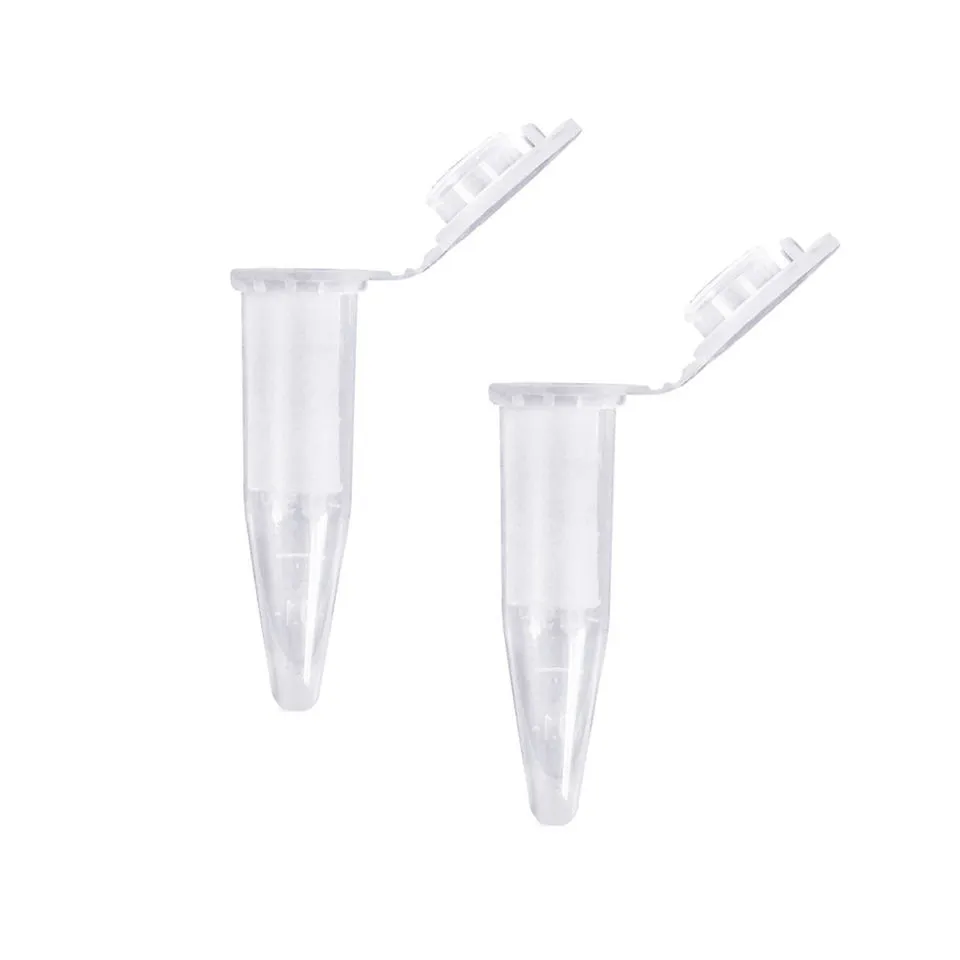https://www.wahmg.com/)">
Recycling Guidelines for Medicine Bottles and Their Environmental Impact for Sustainable Practices
Recycling Guidelines for Medicine Bottles and Their Environmental Impact for Sustainable Practices
The Importance of Recycling Medicine Bottles
In our quest for a sustainable future, every small effort counts. One often overlooked component in the recycling conversation is the disposal of medicine bottles. These items, frequently found in our homes, can be harmful to the environment if not recycled properly. Understanding why and how to recycle medicine bottles is crucial for promoting environmental responsibility and reducing waste.
Medicine bottles, typically made from plastics, contribute significantly to the plastic pollution crisis. Each year, millions of these containers end up in landfills, where they can take hundreds of years to decompose. Not only does this contribute to overflowing landfills, but it also leads to the release of harmful chemicals into the environment as they break down. Therefore, recycling medicine bottles is an essential step in minimizing our ecological footprint.
The Importance of Recycling Medicine Bottles
To address this issue, it is crucial to raise awareness about proper recycling practices. People should be educated on how to clean their medicine bottles effectively. The general recommendation is to rinse the bottles with warm, soapy water to ensure all residue is removed. Moreover, removing the labels can also help, as they may contain adhesive materials that can interfere with the recycling process. Once cleaned, the bottles can be placed in the appropriate recycling bin or taken to a recycling facility that accepts plastics.
medicine bottles recyclable

Another important consideration in the recycling of medicine bottles is the potential for medication abuse and accidental ingestion. Thus, proper disposal methods are essential. Many communities offer drug take-back programs, allowing individuals to safely return unused or expired medications. Participating in these programs not only prevents environmental contamination but also keeps medications out of the hands of those who might misuse them.
As awareness grows around the importance of recycling, companies are beginning to innovate in the design of medicine bottles. Some pharmaceutical companies are exploring biodegradable materials for their packaging, while others are implementing return programs, encouraging customers to send back their empty bottles for recycling. These developments demonstrate a positive trend towards more sustainable practices in the industry.
Furthermore, governments and environmental organizations play a vital role in promoting recycling initiatives. By providing clear guidelines and resources for individuals and communities, they can help make recycling more accessible and efficient. Public campaigns highlighting the importance of recycling medicine bottles can encourage individuals to take action and participate in local recycling programs.
In conclusion, recycling medicine bottles is a small yet significant act that contributes to a healthier environment. By taking the time to clean and properly recycle these containers, individuals can play a pivotal role in reducing plastic waste and promoting sustainability. As we continue to strive for a greener future, it is imperative that we recognize the importance of every item we use, including medicine bottles. By making informed decisions and participating in recycling efforts, we can collectively make a substantial impact on our planet’s health.
-
Wholesale Plastic Juice Bottles with Caps 16 oz Options Available Bulk Packaging SolutionsNewsJun.10,2025
-
Laboratory Apparatus Reagent Bottle – Durable & Chemical Resistant Bottles for Safe StorageNewsJun.10,2025
-
Squeezable Dropper Bottles Durable, Leak-Proof & CustomizableNewsMay.30,2025
-
Affordable Plastic Petri Plates Sterile & Disposable Lab-GradeNewsMay.30,2025
-
Eye Dropper Caps Precision 24/410 & Plastic Bottle-Compatible TipsNewsMay.30,2025
-
Affordable Mini Spray Bottle Price & Wholesale Deals Shop NowNewsMay.29,2025





















